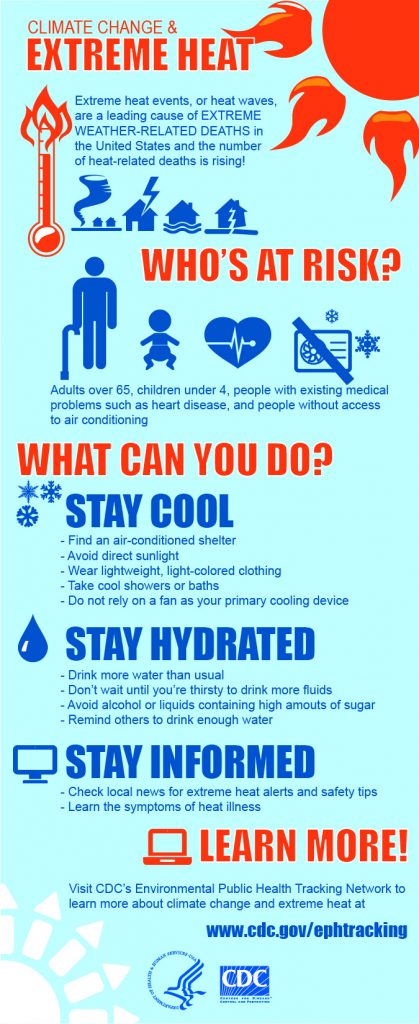Police sent out a warning this week about the dangers of leaving children in hot cars, just days before National Heatstroke Prevention Day on Wednesday.
The inside of a vehicle is much warmer than it is outside, increasing the risk of heat stroke for children left inside for even short periods of time, Newport Beach Police Department officials wrote in a press release shared Thursday.
“Outside of crashes, vehicular heatstroke is the leading cause of vehicle-related deaths among children,” NBPD officials wrote.
Last year, 52 children in the United States were killed as a result of being left in a hot car, a 21 percent increase from 2017 and the highest number in more than 20 years, according to authorities. More than half of all vehicle-related heatstroke deaths in children are caused when a parent or caregiver forgets they are in the car, police report.
The temperature inside of a car can rise nearly 20 degrees in just 10 minutes and children are more prone to heatstroke because their body temperatures rise much faster than adults.
Newport Beach was in the low to mid-80s most of the week, according to The Weather Channel.
“Whether your child is fussy and doesn’t want to leave the car or is sleeping, it is important that you take them with you,” NBPD Sergeant Little said in the prepared statement. “Even in temperatures under 80 degrees, the inside of a car can reach triple digits in half an hour.”
To avoid tragedy and a lifetime of pain, the police are encouraging parents and others who care for children to take extra precautions to make sure a child is not left in the back seat or gets into a hot car: Make it a habit to look before your leave and lock the car. Put a stuffed animal, purse, phone or wallet next to the car seat as a reminder; always lock your car and keep the keys out of the reach of children. Teach your child that a car is not a play area;
If you see a child in a hot vehicle that appears to be in pain or unresponsive, call 911 immediately. Try to find the parents or notify businesses in the area to use a PA system to alert the car owner.
For more information, visit nbpd.org.

— Courtesy the CDC




